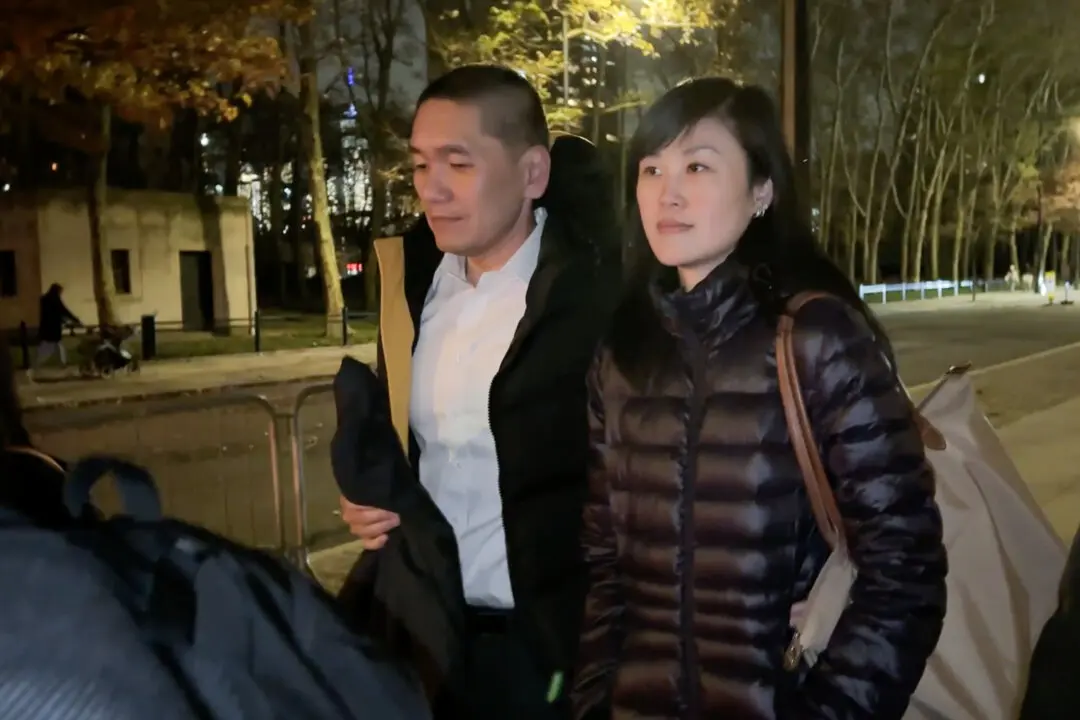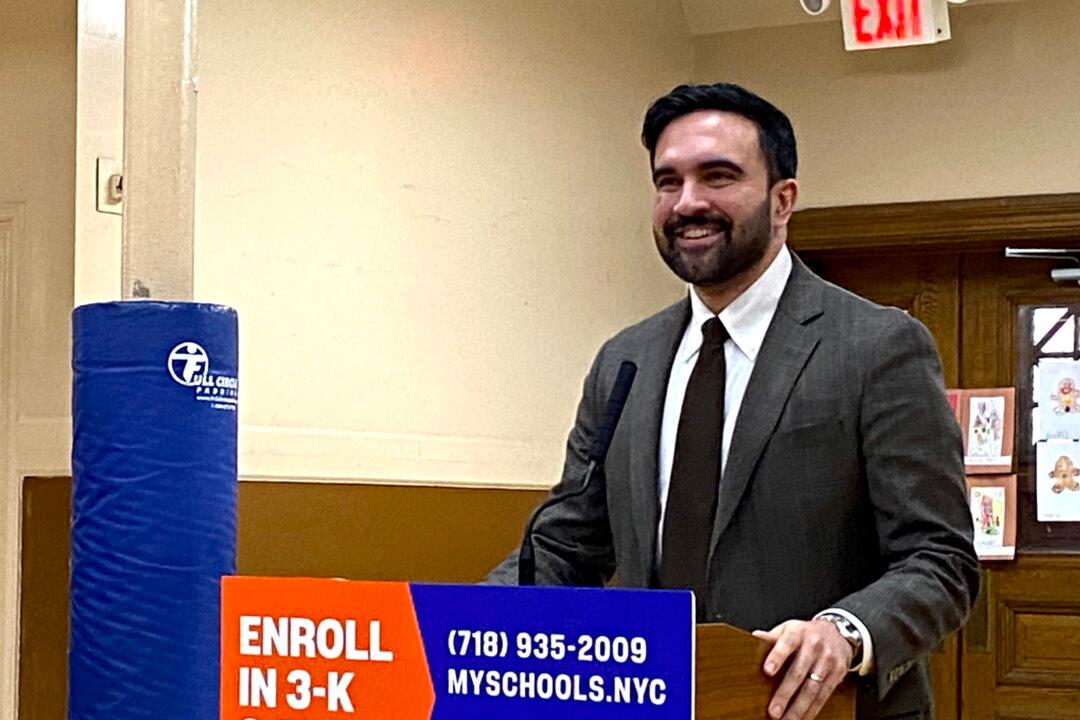The Congressional Budget Office (CBO) released a report Tuesday that estimates increasing the minimum wage would lift 900,000 people out of poverty, but also leave hundreds of thousands with no job.
CBO estimates low-wage workers’ earnings would increase by a total of $31 billion if the minimum wage is raised to $10.10 by 2016.
However many low-wage workers do not come from low-income families; only 19 percent of the $31 billion would go to low-income families.
“Raising the minimum wage is a critical component of closing the opportunity gap and building an economy that works for everyone, and today’s Congressional Budget Office report confirms that taking this action would lift nearly one million Americans out of poverty,” Congressman Charles Rangel (D-NY) said in a statement.
CBO looked at two possible options for raising the minimum wage: raising it in two steps to $9.00 by 2016 and in three steps to $10.10 by 2016.
The $9.00 option could cut the workforce by 100,000 jobs, CBO estimates. The $10.10 option could cut 500,000 jobs.
Families who will be living below the poverty line under the existing minimum wage law would see income grow by around 3 percent, lifting some 900,000 people above the poverty line.
“I’m proud of the State of New York and Governor Cuomo for leading the nation in this fight. In Congress, I'll keep fighting to ensure a livable wage for every worker. We must provide opportunities for everyone to succeed and achieve the American Dream,” Rangel said.




